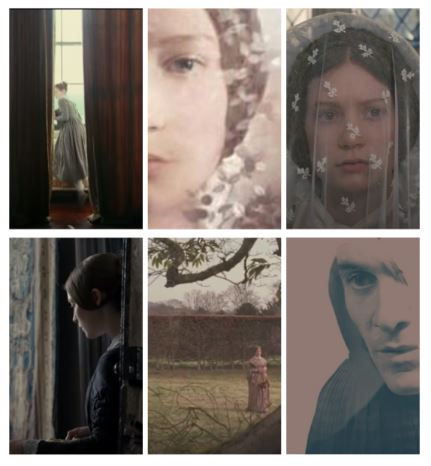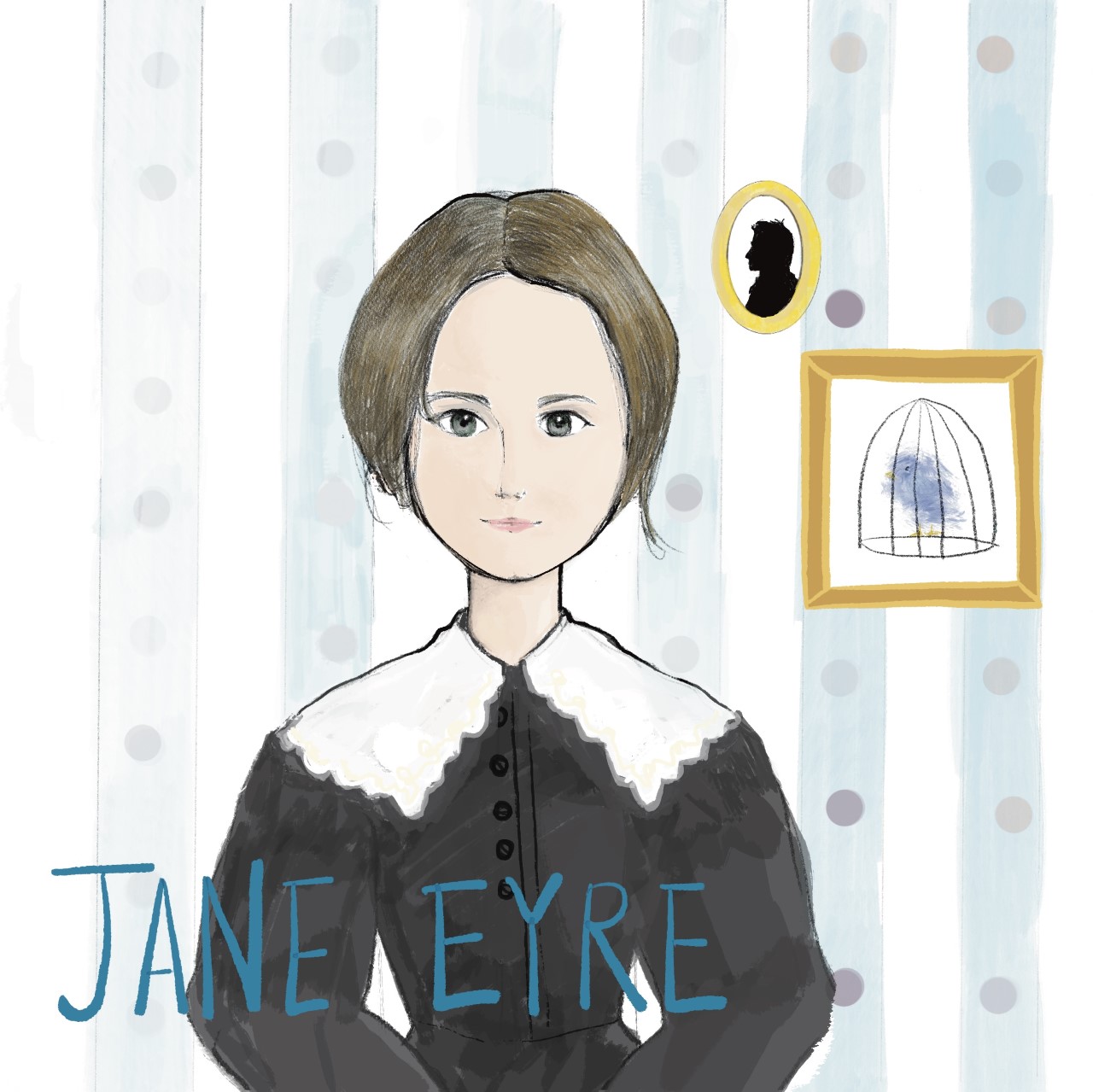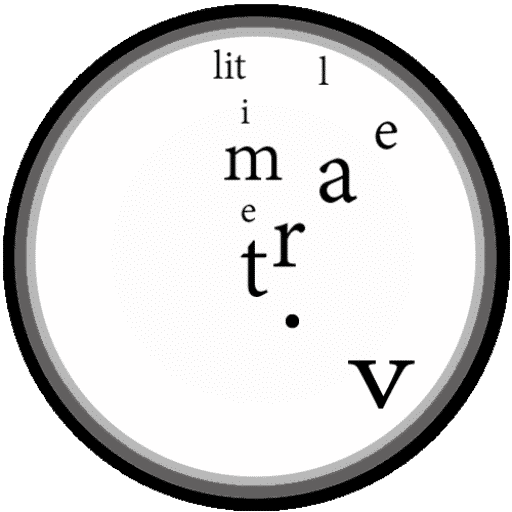

When the film Jane Eyre, directed by the American filmmaker Cary Fukunaga, came out in 2011, it instantly drew my attention not only because it was another adaptation of Charlotte Bronte’s timeless classic, but also because the film looked simply beautiful. But as I was preoccupied with other things, I could not watch it that year. It was only today (10 years later!) when I finally took the time to watch the DVD I had purchased from Amazon that I watched the 2011 Jane Eyre. And here are my honest thoughts on the film.

First and foremost, the film is simply beautiful.
If anyone were to ask me what the best thing about this adaptation was, I would tell them that the cinematic atmosphere and the aesthetics surpass any other version. It is, I think, very similar to the 2005 Pride and Prejudice (directed by Joe Wright) in that both films aren’t very accurate as they stray away from the details of the text but are astoundingly aesthetic, if not the most aesthetic versions of the classics.


Jane Eyre (2011) and Pride and Prejudice (2005) are both masterpieces in terms of aesthetics.
It was also interesting to see the film start with Jane running away from Thornfield and going back in time to show her as a little child at Gateshead Hall, her time at Lowood with Helen Burns, and her stay at Thornfield, including the fateful wedding day. Even though the film approaches the plot in such a fresh way, I personally disliked how many details in the movie were altered from their actual source: Miss Temple was erased from the story, I believe, along with Miss Oliver (one could say she was mentioned in an obscure sort of way), and other characters I could not recognize, such as Mary Rivers.
Other details were changed as well, such as how Jane tells Mr. Rochester about her relatives in the beginning while in the novel she doesn’t initially. And in the film, Jane doesn’t suspect Grace Poole for the creepy laughing or for the subsequent incidents that occur since Grace Poole doesn’t really come out until the day the secret is revealed on the wedding day. These details might appear trivial. But combined altogether, they drastically alter the story from its original.





Despite the fact that the cast is an ensemble of extremely talented, renowned actors, including Mia Wasikowska, Michael Fassbender, Jamie Bell, Judi Dench, and Sally Hawkins, it didn’t feel like that of Jane Eyre.
I thought Mia Wasikowska was great as the titular protagonist – her performance was moving and I could see her as Jane. And Jamie Bell was an okay St. John Rivers. But as for the rest, they didn’t really seem to belong in the classic. Michael Fassbender’s monotonous way of speaking sometimes made me question whether Mr. Rochester really was interested in attaining Jane’s love. Perhaps to other viewers he did, but as I have watched the 1983 version first, his Mr. Rochester appeared less passionate, less desperate for Jane’s attention and love than that of Timothy Dalton. Timothy Dalton’s portrayal convinced me that Mr. Rochester was desperate to gain Jane’s attention from the very beginning. The way he fidgets, the way he looks at Jane, and the way he speaks all hint at it whereas the Rochester Fassbender enacted doesn’t.
As for Judi Dench’s portrayal of Mrs. Fairfax, I imagined Mrs. Fairfax to be more friendly.
The actress gives off an air of cool dignity even when she doesn’t mean to (which made her an excellent Lady Catherine de Bourgh in the 2005 Pride and Prejudice), so she didn’t really seem an ideal Mrs. Fairfax. I also felt Sally Hawkins’s Aunt Reed not as cold-blooded and heartless as the Mrs. Reed described in the novel. They are both incredible actresses, but I did not think they were fit for the roles depicted in the book.
Although it is alright for films to be different from its source, I think for timeless classics like Jane Eyre, which its major audience will inevitably be its literary fans, straying from its source material isn’t very effective or wise, at least in assuming the status as the “best” adaptation. To be completely honest, I stopped watching the 2011 film halfway through because I lost interest in it. Mr. Rochester didn’t seem to love Jane, and when he did appear so, it felt abrupt. I had to force myself to resume despite the alluring aesthetics of the film.

I prefer the 1983 Jane Eyre to the 2011 adaptation, because the cast feels closer to the actual characters from the novel and because it adheres so carefully to the text in an effective way.
It’s so faithful to the novel that it even includes the scene where Mr. Rochester disguises himself as the old Gypsy woman! However, as I would sometimes watch the 2005 Pride and Prejudice, I would watch the 2011 Jane Eyre whenever I have time to spare. But in both cases, I must say the older televised versions far surpass the newer films.


Here is a clip from the 2011 Jane Eyre that I consider to be the best moment in the film:






